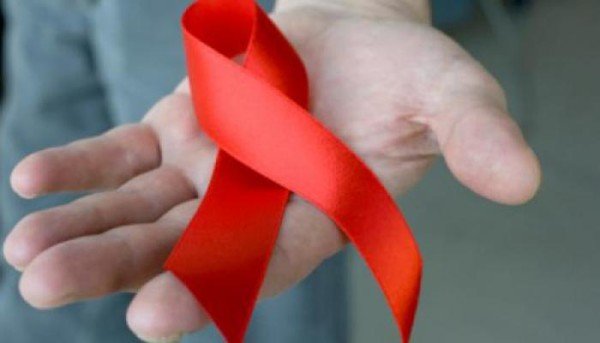According to a new study published in Science Translational Medicine, a 10th of children have a “monkey-like” immune system that stops them developing AIDS.
The study found the children’s immune systems were “keeping calm”, which prevented them being wiped out.
An untreated HIV infection will kill 60% of children within two and a half years, but the equivalent infection in monkeys is not fatal.
The findings could lead to new immune-based therapies for HIV infection.
HIV eventually wipes out the immune system, leaving the body vulnerable to other infections, what is known as acquired human immunodeficiency syndrome (AIDS).
The researchers analyzed the blood of 170 children from South Africa who had HIV, had never had antiretroviral therapy and yet had not developed AIDS.
Tests showed they had tens of thousands of human immunodeficiency viruses in every milliliter of their blood.
This would normally send their immune system into overdrive, trying to fight the infection, or simply make them seriously ill, but neither had happened.
Counter-intuitively, not attacking the virus seems to save the immune system.
HIV kills white blood cells – the warriors of the immune system.
When the body’s defenses go into overdrive, even more of them can be killed by chronic levels of inflammation.
For scientists, the way the 10% of children cope with the virus has striking similarities to the way more than 40 non-human primate species cope with simian immunodeficiency virus or SIV.
They have had hundreds of thousands of years to evolve ways to tackle the infection.
This defense against AIDS is almost unique to children.
Adult humans’ immune systems tend to go all-out to finish off the virus in a campaign that nearly always ends in failure.
Children have a relatively tolerant immune system, which becomes more aggressive in adulthood – chickenpox, for example, is far more severe in adults due to the way the immune system reacts.
This does mean that as the protected children age and their immune system matures, there is a risk of them developing AIDS.
Some do, some remain AIDS-free.
People with HIV can have normal life-expectancy if they have access to antiretroviral drugs.
But their super-heated immune system never returns to normal, and they face greater risks of cardiovascular disease, cancer and dementia.
